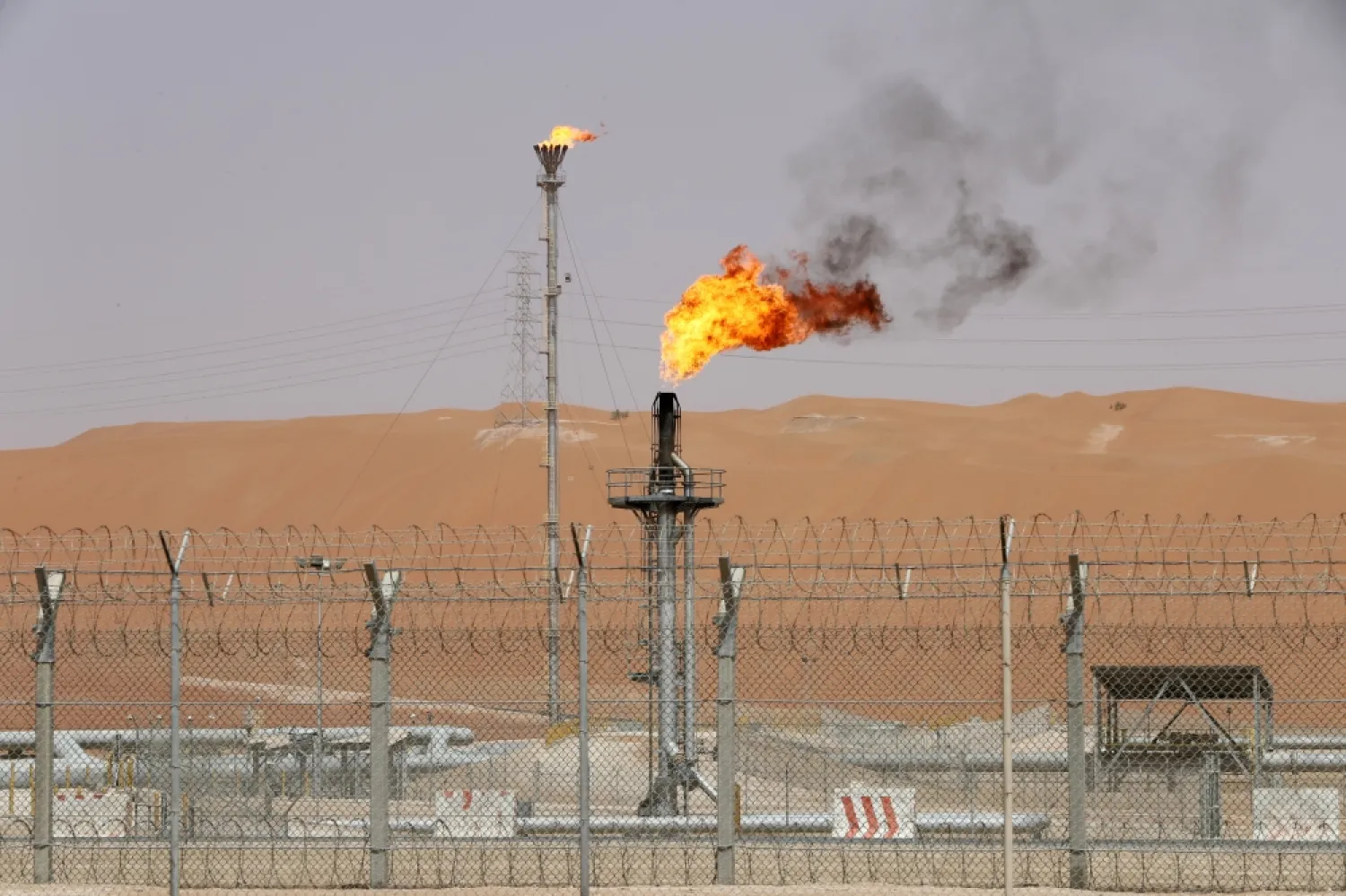It appears that Saudi Arabia responded to the world demand for its oil, as it began boosting output by 330,000 barrels a day in June to 10.3 million barrel per day, according to a Bloomberg News survey of analysts, oil companies and ship-tracking data.
That’s the biggest monthly jump in production since July 2013.
Based on Bloomberg’s preliminary calculations from vessel-tracking and ship-fixture data, Saudi Arabia is pushing more barrels onto world markets with shipments climbed to a 15-month high of 7.47 million bpd last month, compared with 7.15 million bpd in May.
Saudi Arabia's exports to India, Egypt and Singapore rose in June, while exports to China, Japan, South Korea and the United States dropped, the data showed. Official Saudi oil prices in May and June were high for many Asian customers.
Last week, Bloomberg quoted sources as saying that Saudi Arabia aims to raise its oil production in July to a historic level of 10.8 million bpd, as the Kingdom seeks to calm the fears of customers about rising oil prices and any potential shortage of supplies.
This is the highest level recorded so far, higher than the previous level of 10.72 million bpd recorded in November 2016.
It seems clear that Riyadh was preparing to raise production earlier this month, as explained by Saudi Energy Minister Khalid al-Falih, in his remarks in Vienna last month, saying that Aramco has been instructed to equip to raise production.
Reuters figures are much higher than Bloomberg’s figures, as it said Saudi production in June reached 10.7 million bpd, up from 10 million bpd in May.
Production from the Organization of the Petroleum Exporting Countries (OPEC) increased by 320,000 bpd in June, according to a Reuters survey published Monday.
At a meeting on June 23, OPEC agreed to increase supplies to 100 percent by returning to the commitment level of production cuts in force since January 2017, after months of substandard production from countries, including Venezuela and Angola.
Saudi Arabia said the measure would translate into an increase in production by about 1 million bpd.
The Reuters survey also indicated that the 12 OPEC members with supply reduction targets increased output by 680,000 bpd compared to May.
Russian average monthly oil output exceeded 11 million bpd in June for the first time since April 2017 as leading global oil producers started to ease output curbs, energy ministry data showed on Monday.
Production rose to 11.06 million bpd in June from 10.97 million bpd in May, up around 100,000 bpd. In tons, Russian oil output was 45.276 million versus 46.377 million in May.
OPEC and some other leading global oil producers led by Russia agreed last month to return to 100 percent compliance with previously agreed oil output cuts, after months of underproduction by some OPEC countries.
Russia has pledged to restore output by 200,000 bpd in the second half of the year.
Russia's largest oil producer Rosneft led the output increase, ratcheting up extraction by 1.6 percent last month to 3.89 million bpd, the data showed. The energy ministry's data does not include some of Rosneft's joint ventures.
Saudi Arabia also boosted supply to 10.70 million bpd in June, close to a record high.
Russia's natural gas production was at 53.57 billion cubic meters (bcm) last month, or 1.79 bcm a day, versus 58.12 bcm in May.









